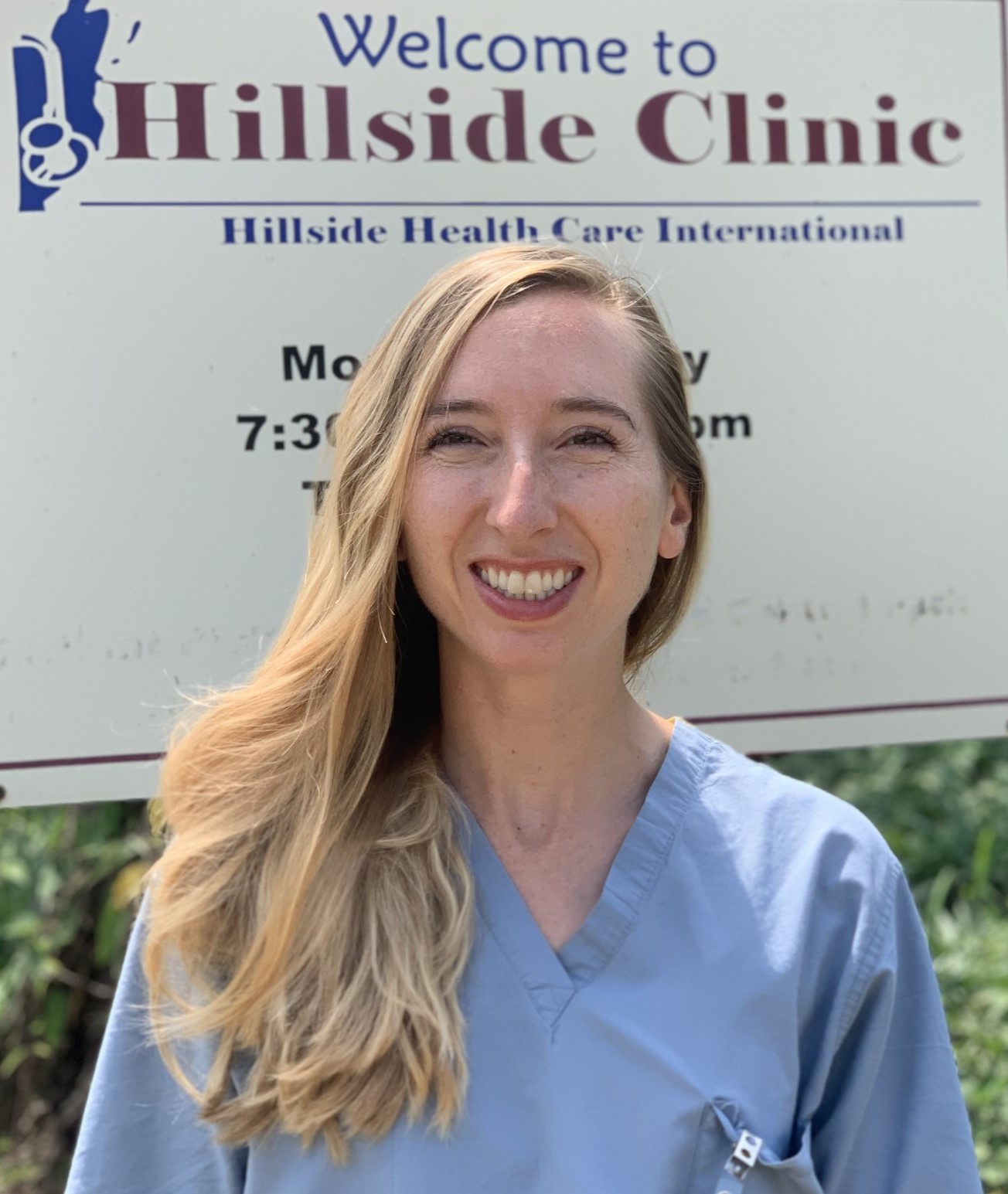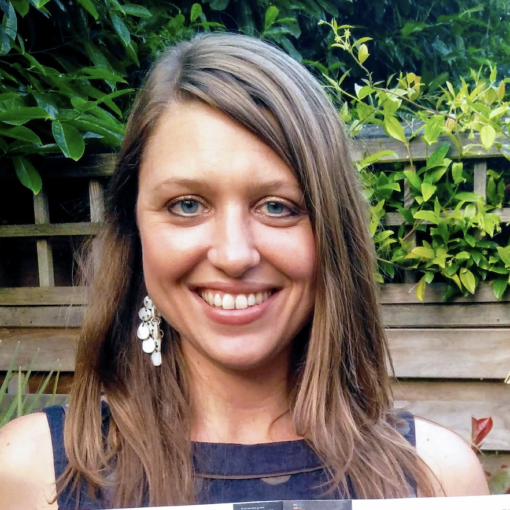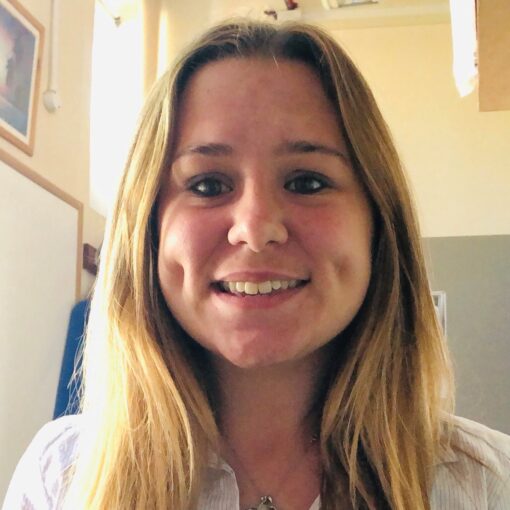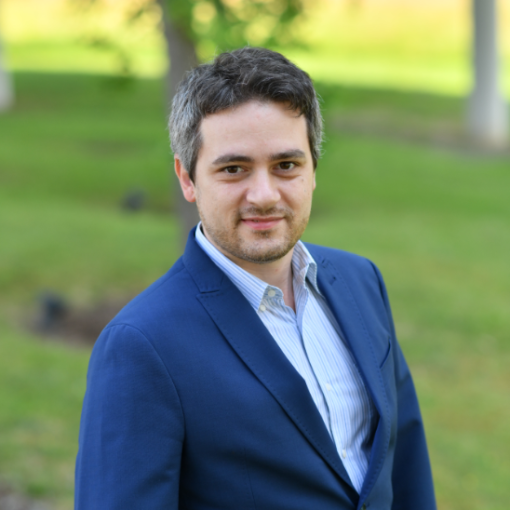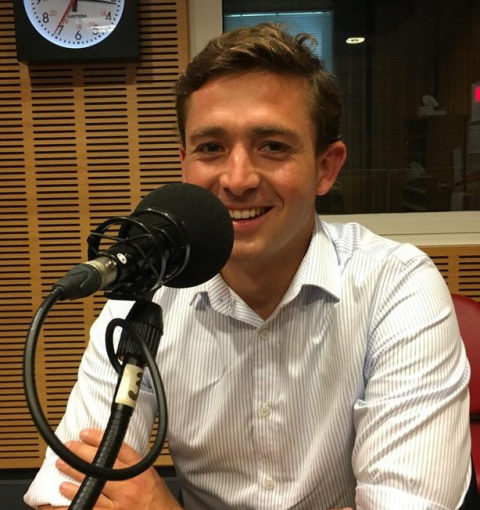PhD
| Foundation Doctor | |
|---|---|
| Oxford Health NHS Foundation Trust | |
Year entered into a non-academic position: 2022
Job highlight:
Seeing patients from the ward recover and go home is always a highlight, especially after a long admission.
Left academia after:
1 year and 6 months of Post-doc
What’s your background?
My undergrad was in Neuroscience at the University of Sussex and my PhD was in the cellular basis of Alzheimer’s disease at King’s College London (KCL). This was very pre-clinical using induced pluripotent stem cells cells to model the disease progression and doing CRISPR gene knockouts and genomics. It was split across KCL for the stem cell work, AstraZeneca for the CRISPR gene editing and Oxford University for the genomics and assay work. Working with different groups in different places was a lot of fun and made my PhD really enjoyable (although slightly chaotic). I then stayed in Oxford working on some research projects whilst I was applying to medical schools.
Why did you move away from academia?
I really enjoyed my PhD but got to a point where I felt this wasn’t what I wanted to do for the rest of my life.
I liked the idea of doing something more practical and more instantly rewarding. And I didn’t want to go into a career where I had to be responsible for my own funding and checking emails at all times of the day.
Looking back now, I never really had the personality type for academia, I’m more of a generalist and I like talking with people and helping people and I wanted this to be a big part of my career.
Is there anything you miss about academia?
I miss the long lunches and tea breaks the most, and getting to sleep in until after 8 am. I also miss socializing at conferences and sitting around thinking really in depth about a topic with colleagues.
How did you get this job? Did you face any challenges when considering a move away from academia or applying for the role?
Applying to graduate medicine was more challenging than I expected and it took me two application rounds. The entrance exams are taken seriously (I’d recommend just focusing on the University Clinical Aptitude Test – UCAT) and it’s also helpful to have some experience working or volunteering with patients.
What motivated you to/why did you choose the sector you transitioned into?
I had worked alongside psychiatrists and neurologists during my research and realized that was the job I wanted to be doing.
Being a clinician scientist really appealed where I could mix clinical work and research.
I also thought there was really nothing to lose as if I decided medicine wasn’t for me I was probably only 1 post-doc job behind my peers but now with a medical degree.
Did you think you had the skills required for your current position before you started? Were you right?
I thought if I could get through an undergrad and a PhD I could probably do a medical degree, which was correct. However, medicine was much harder than my other degrees, so maybe I should have taken the decision a little more seriously. It was also much more interesting and I really enjoyed every day I spent studying for it, and felt really lucky to be doing it.
Also going into medicine a little older I had already developed the social skills for it, and I find difficult conversations with patients (or senior consultants) easier than my peers straight out of undergrad.
How did your PhD prepare you for your current job? For example, what were the transferable skills that you developed during your PhD that are most relevant to your current job?
Thinking about problems with team members and troubleshooting together. Compared to the PhD I rarely have to read long papers/documents or write much, which I love.
Did you have any preconceptions about your sector that proved to be wrong?
I thought medics would be all one type of person but they are a diverse group like most professions. Consultants are mostly very nice despite the stereotypes. I also work more closely with other healthcare professionals than I had expected.
Can you describe a typical week in your job?
As a hospital doctor, I spend my days on the ward. I help the consultants with ward rounds, review patients who are sick on the ward, discuss medical or surgical issues with other specialties, and carry out procedures. A big part of my job as a junior doctor is reviewing patients that the nurses feel are deteriorating and liaising with other members of the multidisciplinary team such as the pain team, physiotherapists, pharmacists, dieticians etc. I also write a lot of discharge summaries. Most days are very busy, but I always get a protected lunch break. One thing I like about being a doctor is that everyone essentially understands what the job is.
What is the workplace culture like? Please include comments on work-life balance, flexibility, remote working?
There is very little flexibility in that I work to a rota and I have to physically be in the hospital. One thing I didn’t like at first was having random weekdays off but I’ve come to really appreciate those for getting errands done and visiting places when they are quiet.
I like working with a huge team of diverse people, which is completely different from academia. I get to work with so many different professionals from the MDT and other specialties from all over the world, and I really love working as part of a large team.
Do people with a PhD frequently get hired in the company/sector?
Yes many people have PhDs but they have not followed a common route to do the medical degree later.
What are your favourite parts of your job?
Some of my most rewarding shifts have been weekends or night shifts where I’ve been the only doctor on the ward and I’ve had a really busy shift looking after patients but I have left thinking ‘I did a really good job today’. It is incredibly rewarding in a way I have never had from other jobs. I love working alongside other doctors, nurses and other healthcare professionals in a team.
I love seeing patients recover and sending them home. I also just enjoy talking to patients and their families, it is fun meeting so many new people and hearing about their lives.
What are your reflections on your career path?
I definitely did not go into medicine the traditional route but I can’t say I would change anything. I think being older and having done other jobs first has given me good resilience and a better appreciation for the good parts of being a doctor. I originally thought I would go into medicine and be a clinical scientist but I actually love the clinical work so much I don’t see myself going back into research.
I feel really excited about my future in medicine, and I plan to try to work or volunteer abroad as much as possible before and during my psychiatry training.
Do you have any advice for current graduate students and postdocs considering a career outside of academia?
Be open to it, there are so many new experiences out there. I think I thought my skill set was limited but since leaving, I have been able to get involved in so many great things just because I have worked in research or because I’m studying medicine – like going to do a project at WHO in Turkey. Everyone always thinks of leaving academia as failing but I feel bad for my friends still in it sometimes, there is so much stress. I also really loved working in AstraZeneca and would also recommend industry – it has a lot of the fun parts of science without the stress of grants and publishing.
What do you know now that you wish you’d known when exploring a transition?
Use contacts to get advice and explore options. I wish I’d spoken to more people when I first applied for a medical degree as the advice I got was invaluable. I am now trying to pass that advice on to other people with PhDs applying for medicine.
Can you recommend any relevant resources, organisations or events that might help somebody new to the sector find out more about it?
Careers services can be helpful with finding contacts. The Medic Portal and NHS websites. Medify for UCAT practice.

